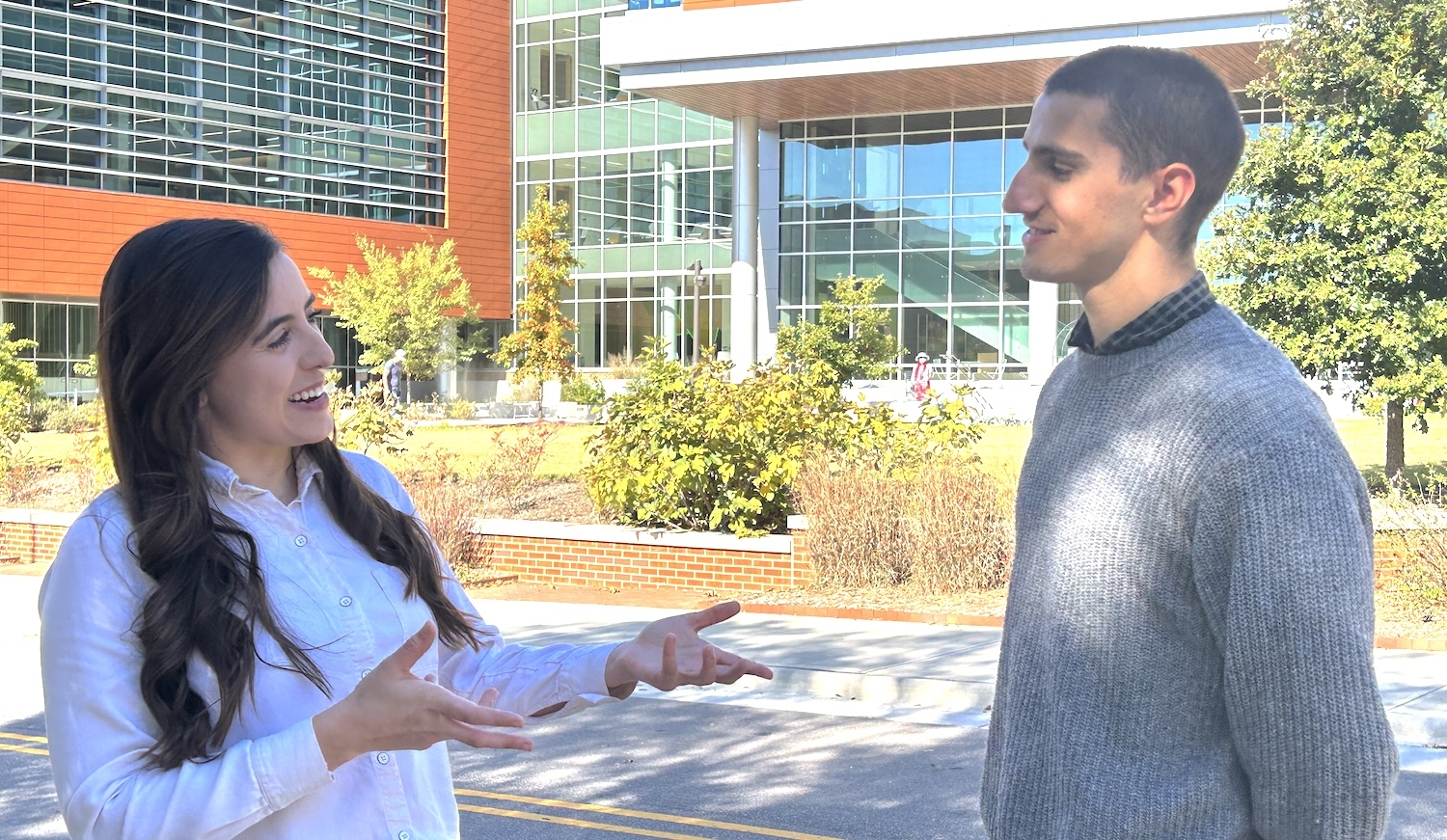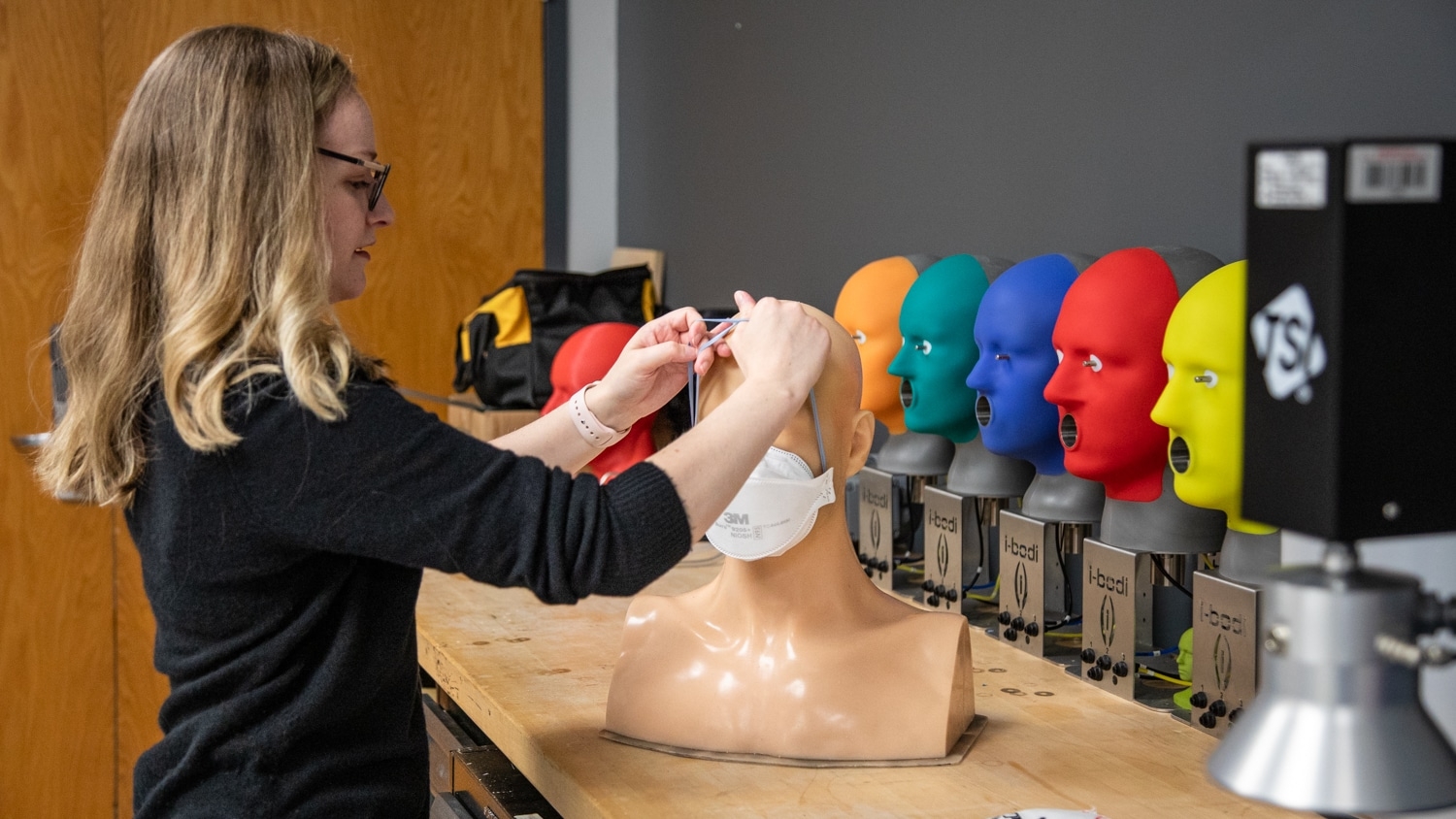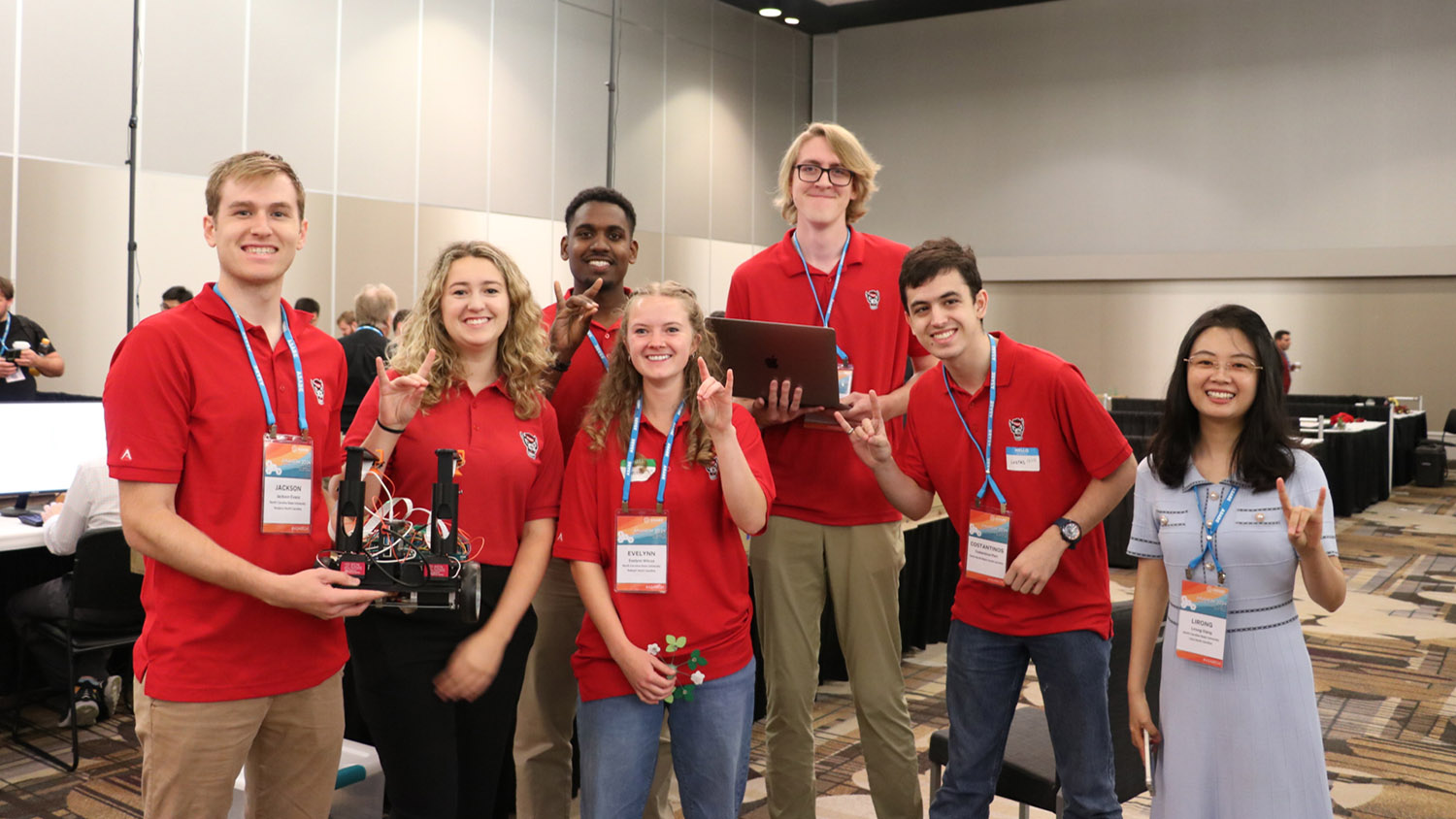New BAE undergraduate research program

Research and educational enhancement projects
The BAE Research and Educational Enhancement Projects (REEP) are an opportunity for undergraduates to design and conduct research under the supervision of a BAE faculty mentor. These undergraduate research projects provide students a hands-on setting to dive deeper into topics introduced in the classroom. Additionally, students develop and sharpen skills for success in graduate school and industry, such as project and time management, procurement of materials, independent and critical thinking, and written and verbal communication. Assistant professor Laura Merriman, who developed and heads the program, will meet with students throughout the year to work on these professional development skills.

Junior Sam Blackman will work with Dr. François Birgand to quantify the impact of flow rates on nitrogen removal in bioreactors. Woodchip bioreactors are an agricultural best management practice used as buffers between agricultural fields and surface waters. Excess nitrogen from agricultural lands enters the water column and can have detrimental effects on aquatic ecosystems and harm the organisms that inhabit them. Woodchip bioreactors provide an opportunity for denitrification, converting nitrate to dinitrogen, an inert gas. However, this research builds on Birgand’s previous research to generate models to improve the efficiency of nitrogen removal. Findings from this research have the potential to play a role in woodchip bioreactor design to increase nitrogen removal rates and protect waters from nitrate loading.

Senior Ryan Phillips will work with Dr. Jason Ward to develop a thermal image calibration method that can be applied to data collected by Small Unmanned Aerial Systems (sUAS). Thermal imagery can be used to predict moisture content in corn and monitor the well-being of livestock on a pasture. While the relative differences in temperature readings can provide helpful information to farmers, specific temperature readings will provide higher quality data that can be implemented into decision-making more efficiently. This project includes the design and build of a floating station. Project efforts will help increase the accuracy and usefulness of thermal imagery collected by sUAS.

Senior Carrie Sanford will work with Dr. Mari Chinn to study the fermentation performance of Clostridium autoethanogenum, a microorganism used in the creation of renewable feedstocks for biofuels. Renewable feedstocks for fuel production may be the key in reducing reliance on fossil fuels. This research will build on prior research done by Sanford earlier in the summer with Chinn. Research on the fermentation performance of C. autoethanogenum with xylose is critical as it is one of the few naturally occurring organisms that can convert xylose to ethanol without modification. This research will be useful to bioenergy, bioproducts and autotroph research.


